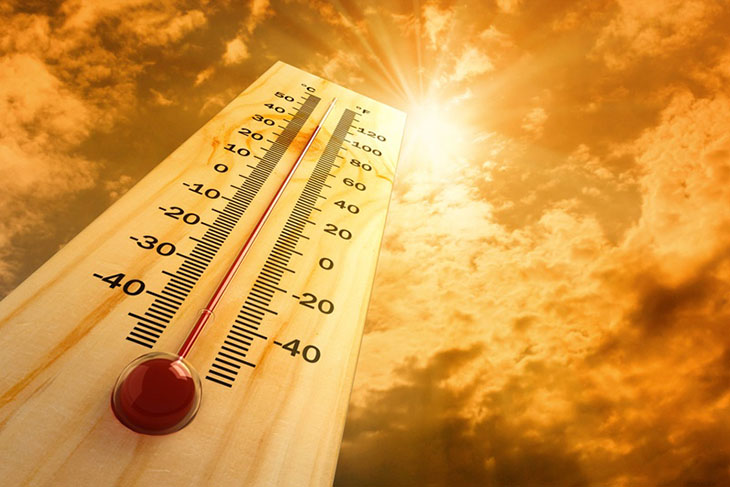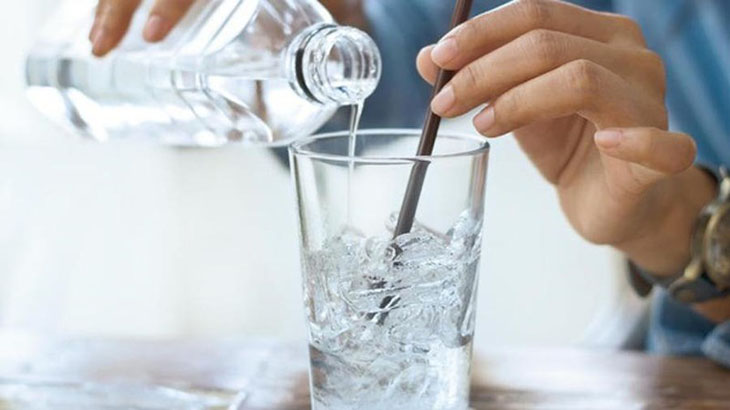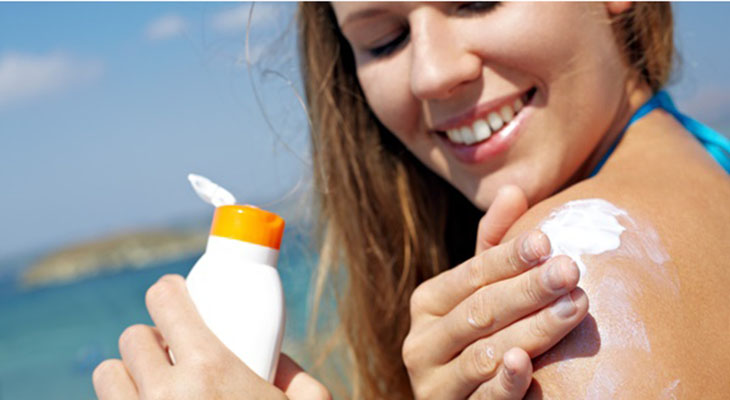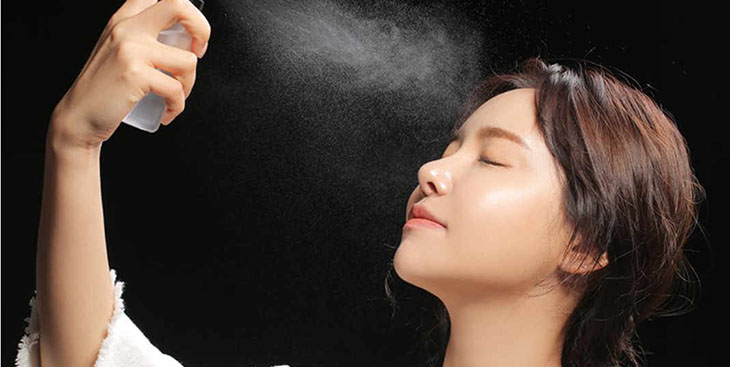The end of April and early May brought unprecedented heat to Vietnam, with temperatures soaring to 38-42°C. This early summer heatwave is considered the highest temperature ever recorded in the country’s history. And more hot weather is expected throughout May.
Such extreme heat and prolonged exposure to the sun can have serious health consequences, including:
- Skin damage and premature aging: Ultraviolet rays from the sun can increase the risk of skin cancer and cause age spots.
- Wrinkles and roughness: Hot and dry weather can lead to the formation of wrinkles and dull, flaky skin, giving it a rough and uneven appearance.
- Dehydration: Excessive sweating due to hot weather can lead to dehydration, especially in children, and can cause metabolic disorders. It can also result in fatigue, heat exhaustion, rashes, fainting, and even heatstroke.
1 Avoid abrupt transitions between extreme temperatures
During hot days, when going from an air-conditioned room to the outdoors (or vice versa), it is essential to allow some time for your body to adjust. Avoid rushing out of a cooled environment directly into the heat.
Sudden exposure to extreme temperature differences can lead to nosebleeds, headaches, fainting, and heat-related illnesses.

2 Choose your clothing wisely
When venturing out in the heat, opt for light-colored clothing as it absorbs less heat and makes you feel cooler. Especially during the peak sun hours (12 noon to 4 pm), minimize prolonged outdoor exposure. If you must be outdoors, wear a hat, sunglasses, and a thick layer of sunscreen to protect yourself from the sun’s rays.

3 Avoid drinking ice-cold water
The temperature of ice-cold water is significantly lower than your body’s core temperature. Drinking very cold water can lead to a sore throat, increased fatigue, and even intestinal cramping.
Instead, stay hydrated by drinking ample room-temperature or cool water. For those working outdoors, consider adding lemon or drinking diluted salt water or oral rehydration solutions.

4 Apply sunscreen
Using sunscreen timely and in adequate amounts (reapply every 2 hours) will keep your skin soft and radiant during the summer. However, many people mistakenly believe that higher SPF offers longer protection, unaware that their skin may be suffering.
Choose a sunscreen with an appropriate SPF that blocks both UVA and UVB rays. Also, avoid applying a thick layer, as excess sunscreen that doesn’t absorb into the skin can cause allergic reactions.

5 Use facial mists
Facial mists are known for their hydrating and moisturizing properties, effectively reducing excess oil and prolonging makeup wear.
During hot days, if you feel fatigued or your skin appears tired, a few spritzes of a facial mist will instantly refresh your skin and boost your mood.





































